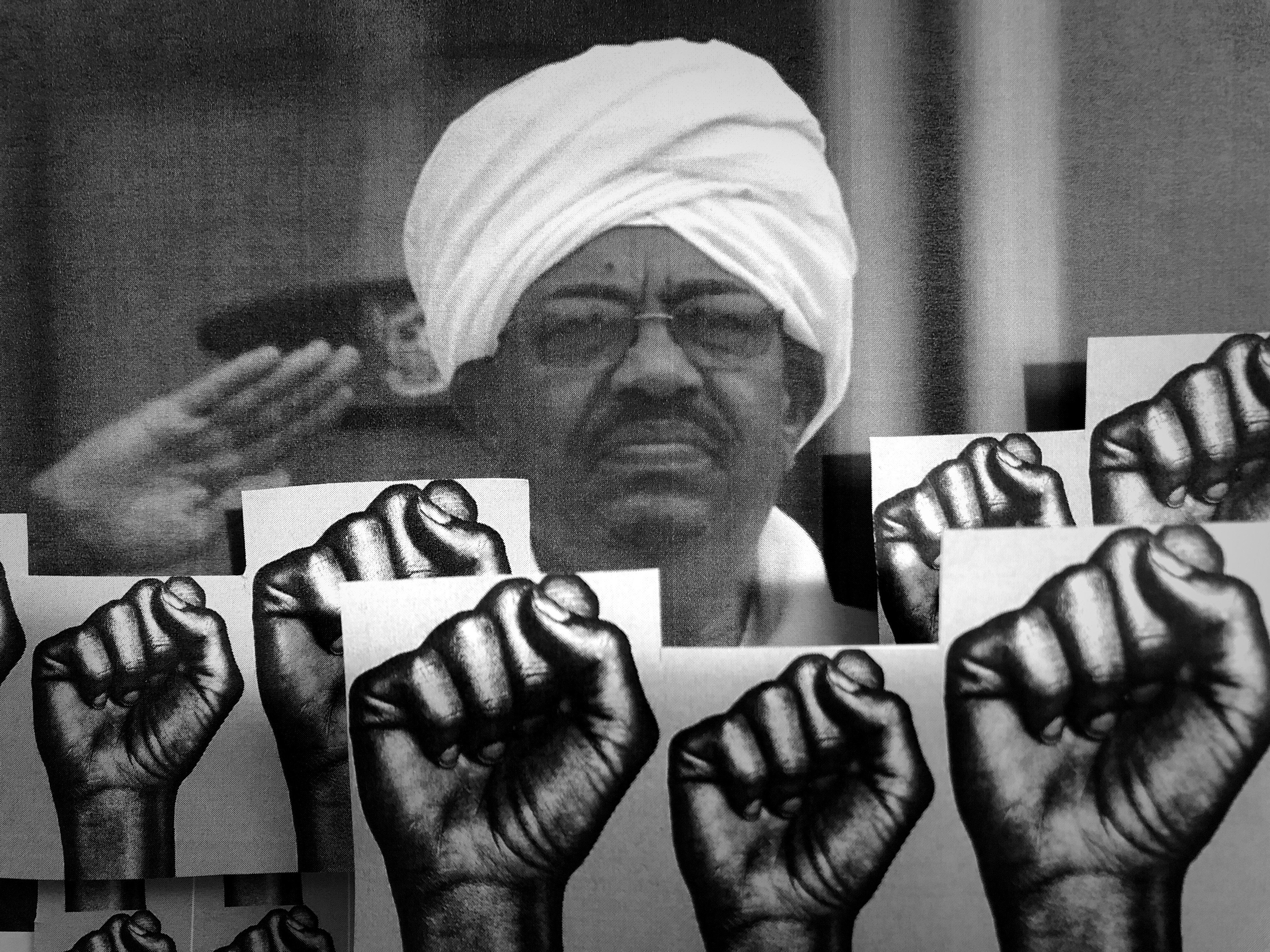January 08, 2019
In recent weeks, thousands of young people across Sudan have taken to the streets in protest against strongman Omar al-Bashir, the leader of one of the world's most repressive governments.
While the protests were initially sparked by economic issues – inflation in Sudan is currently running around 70 percent – a brutal crackdown has helped stoke broader popular demands for Mr. Bashir's resignation.
Mr. Bashir, a former paratrooper, is a wily and brutal survivor. He first took power 29 years ago in a coup backed by Islamic fundamentalists, and immediately dialed up the Arab-dominated government's long-running war against black and predominantly Christian separatists in the country's oil rich South. By the time that war fully ended with the South's internationally-brokered secession in 2011, more than 2 million people had been killed.
Even as that war was winding down, Bashir crushed a rebellion in the Western Sudanese region of Darfur with such brutality that he became the first sitting head of state to be indicted by the International Criminal Court for war crimes and genocide. Tight US sanctions imposed in 1997 over human rights abuses and support for terrorism (Osama bin Laden briefly called Sudan home) helped him burnish his image as a populist defender of his people against a neo-colonial West.
In 2013, he crushed a street movement in the capital that was inspired by the Arab Spring. But this time around protests appear more sustained and widespread, even if they lack coherent leadership and structure. And stripped of the cash that South Sudan's oil fields once pumped into Khartoum, Bashir has much less room to prop up a badly mismanaged economy, even with the help of Gulf Arab allies.
In addition, the removal of long-standing US sanctions in 2017 exposed the deeper rot of Sudan's economy while stripping Bashir of one of his go-to excuses for economic hardship.
The future of Africa's largest country, and one of its most turbulent, may be about to take another historic turn.
Musical interlude: The rich history of Sudanese music over the past century offers an extraordinary way to understand the political, cultural, and global forces that have shaken and shaped the country. For those of you into this sort of thing, this Afro-Pop Worldwide podcast is a mindblower.
More For You
- YouTube
GZERO World heads to the World Economic Forum in Davos, where Ian Bremmer lookst at how President Trump’s second term is rattling Europe, reshaping both transatlantic relations and the global economy, with Finland’s President Alexander Stubb and the IMF’s Kristalina Georgieva.
Most Popular
Think you know what's going on around the world? Here's your chance to prove it.
- YouTube
How widely is AI actually being used, and where is adoption falling behind? Speaking at the 2026 World Economic Forum in Davos, Brad Smith, Vice Chair and President of Microsoft, outlined how AI adoption can be measured through what he calls a “diffusion index.”
U.S. President Donald Trump holds a bilateral meeting with NATO Secretary General Mark Rutte at the World Economic Forum (WEF) in Davos, Switzerland, January 21, 2026.
REUTERS/Jonathan Ernst
After saying numerous times that he would only accept a deal that puts Greenland under US control, President Donald Trump emerged from his meeting with NATO Secretary General Mark Rutte singing a different tune.
© 2025 GZERO Media. All Rights Reserved | A Eurasia Group media company.
